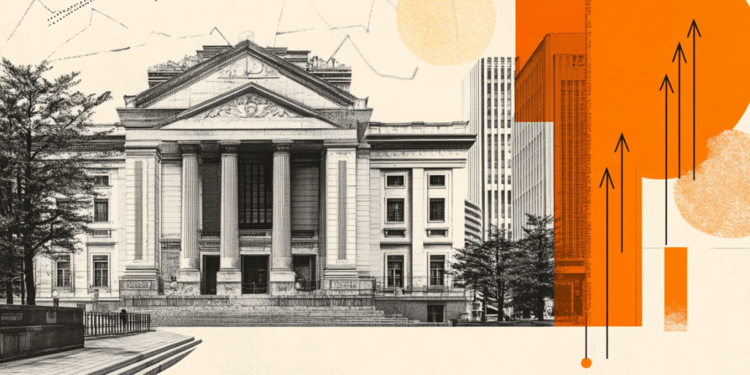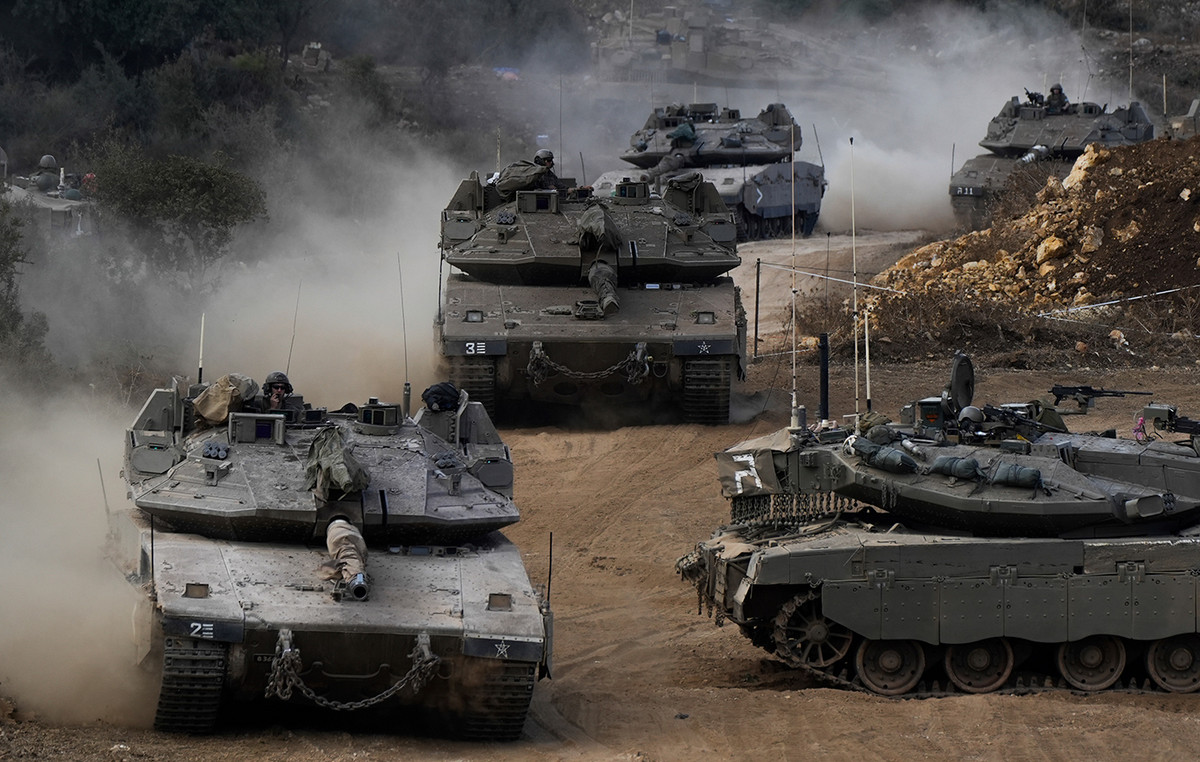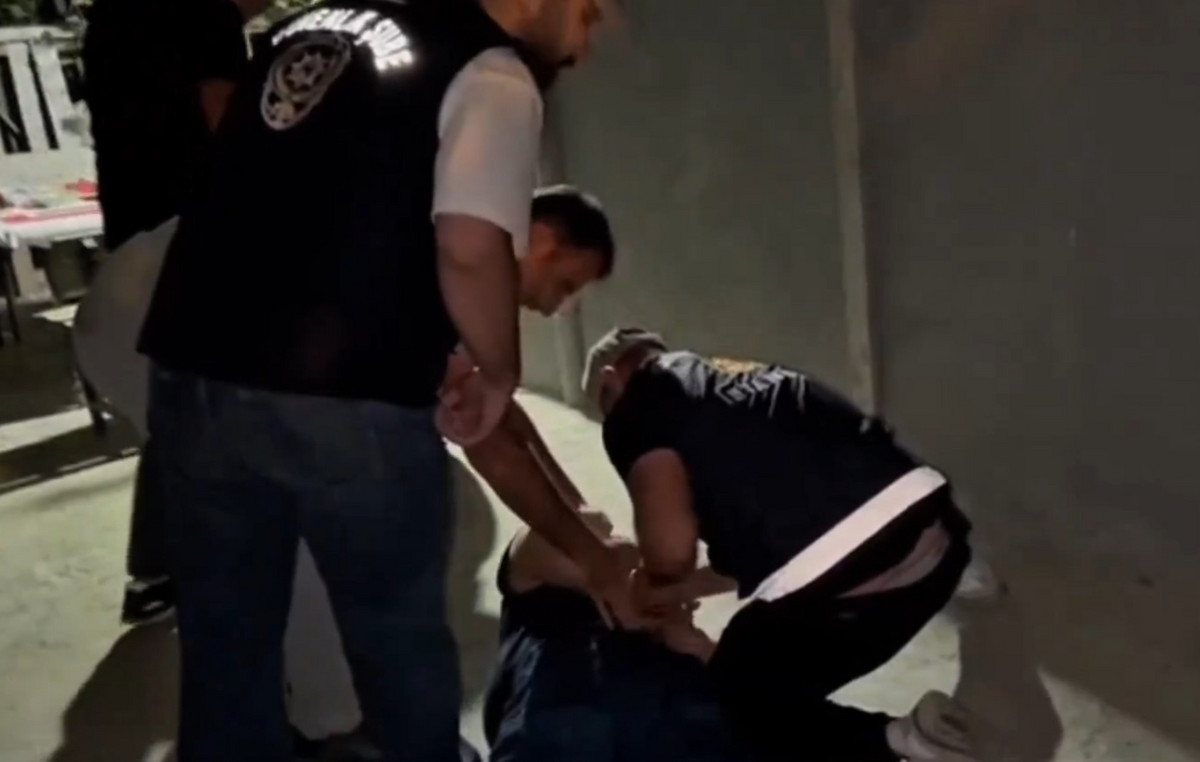The Rio-Valadares highway system, won by Ecorodovias in an auction held this month, should have an investment of R$ 11 billion over the next 30 years. The concession includes 726.9 kilometers of highways BR-116/493/465/RJ/MG, connecting the city of Rio de Janeiro (RJ) to Governador Valadares (MG).
In addition to the BRL 11.3 billion, another BRL 9.8 billion is earmarked for operating expenses (OPEX), in addition to generating more than 150 thousand direct, indirect and income-effect jobs.
According to the Ministry of Infrastructure, the region is considered strategic due to the extent and volume of traffic. It deals with the only route, from the capital of Rio de Janeiro, available to bypass the Guanabara Bay, allowing access to the Lagos region, to the North of the state of Rio de Janeiro, and to the North and Northeast regions of the country.
For Roberto Lucas Júnior, professor at Ibmec, the investment will guarantee essential elements for the road system. “With the concession, the highway will have essential services for the safety of drivers and also for the viability of road transport”, he says.
“The current administration of the government is deficient. The system does not have adequate paving for existing transport, it does not have a quality service for people who have accidents or stop on the side of the road”, says Roberto.
The Rio-Valadares auction, which crosses 37 municipalities along its entire length, 22 of which in Minas Gerais and 15 in Rio de Janeiro, is part of a series of initiatives by the Federal Government, through the Ministry of Infrastructure, to promote the sector in partnership with the private sector.
For Renan Brandão, Concession superintendent at the National Land Transport Agency (ANTT), the government depends on these resources for investments in infrastructure. “Improvements and capacity expansions depend on resources that come through concessions”, she says.
“In a context of greater fiscal restrictions, the government cannot invest directly in the quality of roads, nor does it have the resources to maintain the current infrastructure. With the concessions, we are able to take investments to solve some bottlenecks and to improve this infrastructure”, evaluates Brandão.
With information from Fabricio Julião, from CNN Brasil Business
Source: CNN Brasil
I am Sophia william, author of World Stock Market. I have a degree in journalism from the University of Missouri and I have worked as a reporter for several news websites. I have a passion for writing and informing people about the latest news and events happening in the world. I strive to be accurate and unbiased in my reporting, and I hope to provide readers with valuable information that they can use to make informed decisions.







